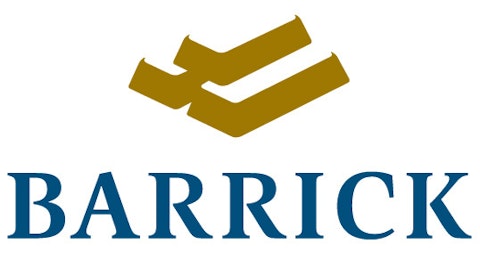
A tough job market, increasingly high cohort default rates, exorbitant tuition, sanctions and accreditation insecurity, low retention, a scathing Congressional report, and questionable cost structures have caused students to lose faith in the value of a college degree. Since revenues are tied so closely to enrollments, revenues have taken a big hit and many for-profits are now losing money. Many investors have been discouraged by the tough environment and questioned the industry’s very existence going forward. That’s where I draw the line.
There is no doubt in my mind that for-profits will continue to play an important role in educating America. I believe this for a few key reasons. For one, there is still substantial value in a college degree.

Source: Strayer Education Company Overview
The discrepancy between average pay for Americans with a bachelor’s degree and those with only a high school diploma has widened substantially in the last few decades and has never been greater. That trend will continue. We no longer sport the unskilled labor jobs we used to. Those jobs have gone overseas and probably won’t come back for the foreseeable future.
Education institutions will continue to exist, and for-profits specifically have a sustainable presence. As much as Congressional leaders hate to admit it, for-profits play a key role in educating our citizens. They cater to a niche market that traditional schools don’t – working adults. The U.S. Bureau of Labor Statistics has reported that approximately 62 million working adults in the United States do not have more than a high school education and approximately 34 million people have some college experience but no college degree.
These working adults have been reluctant to invest in an education in the past few years, but this is likely only a temporary issue. A for-profit that focuses on its value proposition to students may be able to convince these adults of the benefits of a college degree and capitalize on the pent up demand in the market. That’s why I think investors should shop for education stocks like a student would – by looking for compelling value. In the remainder of this article, I’ll discuss and compare a few education stocks to determine if they do just this and are positioned to survive and thrive. I’ll cover Strayer Education Inc (NASDAQ:STRA), Apollo Group Inc (NASDAQ:APOL), and Bridgepoint Education Inc (NYSE:BPI).
Cohort default rates
One of the most important metrics for determining education quality is cohort default rates. Schools that the educate best and have the best student outcomes should have the least alumni defaulting on their federal student loans.

The results are pretty clear. In every year, Strayer Education Inc (NASDAQ:STRA) was under the national average and had the lowest rates by a substantial margin. Bridgepoint’s Ashford University was only below the national average in one year, but outperformed Apollo’s University of Phoenix in 2 of the 3 years recorded. University of Phoenix’s numbers are the worst of the 3 institutions and exceeded the national average in every year.
Regulatory scrutiny
About a year ago, the Senate HELP Committee led by Senator Tom Harkin released a scathing report on the for-profit education industry entitled For Profit Higher Education: The Failure to Safeguard the Federal Investment and Ensure Student Success. The report is the culmination of a 2 year investigation of 30 prominent for-profit education companies and their institutions. While I believe the Committee was quite biased and singled out for-profits, the findings are somewhat indicative of academic quality at the institutions analyzed.
The report says the following about Apollo Group Inc (NASDAQ:APOL):
The investigation demonstrates that, at least during the period examined, the company invested relatively little in students and struggled to retain Associate degree students. While the company has started to take positive steps in the right direction, more remains to be done.


